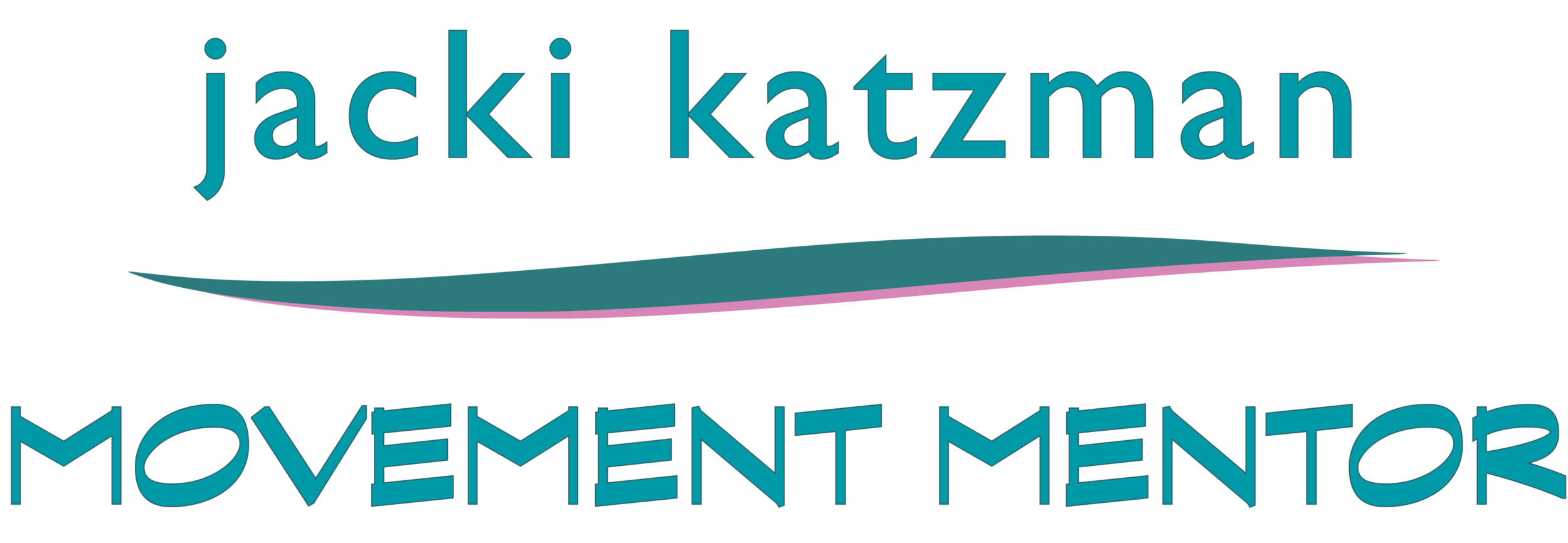On the language of Ableism: Ubiquitous and Avoidable
On the Language of Ableism: Ubiquitous and Avoidable
BuzzFeed Editors Disarm Culturally Saturated Language
BuzzFeed is in the news as a newly-public company. Known once for listicles and goofy videos, BuzzFeed journalist Jason Leopold has been successfully submitting Freedom of Information (FOI) requests to the Department of Justice to get at the redacted parts of the Meuller report. The news arm, at least, has serious cred.
“Whatever it is, the way you tell your story online can make all the difference.“As we struggle to describe the destructive impacts of a highly contagious virus, we’ve fallen back on language that is not only out of date but deeply harmful,” Emily Macrae writes for Ricochet Media, citing this specific adjective appearing in coronavirus news coverage as merely one example of the larger issue of ableism in our vernacular.
She adds, “Ableist language equates disability with deficit, focuses on individual shortcomings rather than systemic failings and involves terms that historically entrenched segregation without regard for their origins.””
And the Editorial staff is taking seriously it’s responsibility to language. “Ableism Is Embedded In Our Language. We Can Dismantle It: From slurs to euphemisms to callous idioms, ableist language is ubiquitous — but we can still avoid it,” November 17, 2021, is a comprehensive review of Ableist language; how language affects disabled people, how Ableist language penetrates common usage, and the challenges of being an ally.
Taking on Ableism is a fundamental shift in thought from characterizing how someone operates in the world to how society can more practically accommodate them.
At Adaptive Sports Partners of the North Country (ASPNC)’ winter volunteer meeting, we were challenged to reconsider person-first language. Some people believe that using person-first language (“a person with disabilities” or “a person with autism”) as opposed to identity-first (“disabled person,” “autistic person”) can make the disability an abstract or unimportant idea, and that the former framing suggests that personhood and disability are oppositional and mutually exclusive — an ableist construct.
Ableism is baked into our language and it will take work to extract it. And, as disabled activists challenge the status quo and refine their relationship to the dominant culture, what might be okay today will evolve into something better.
“Ableism is systematic, institutional devaluing of bodies and minds deemed deviant, abnormal, defective, subhuman, less than. Ableism is *violence.*””

